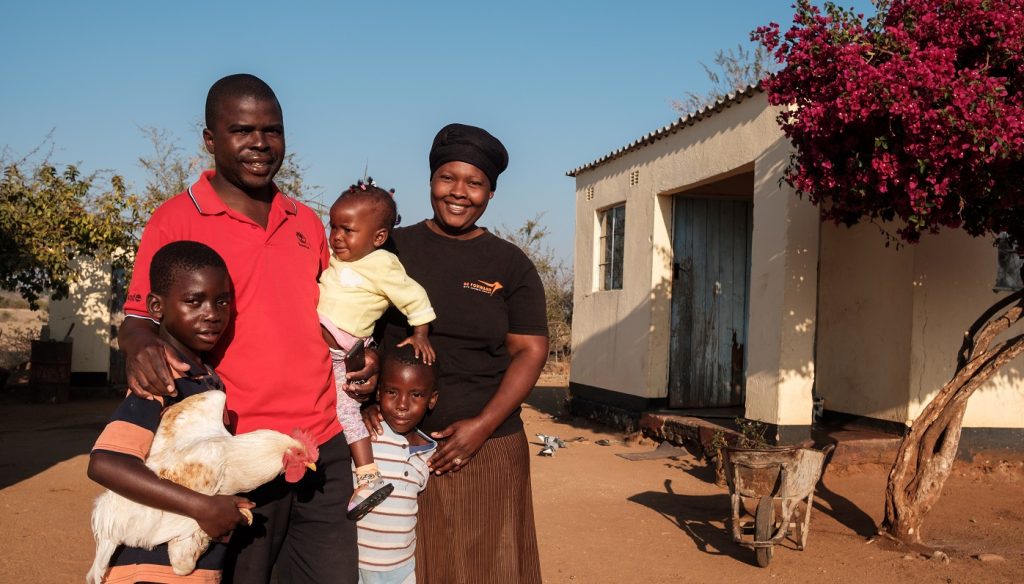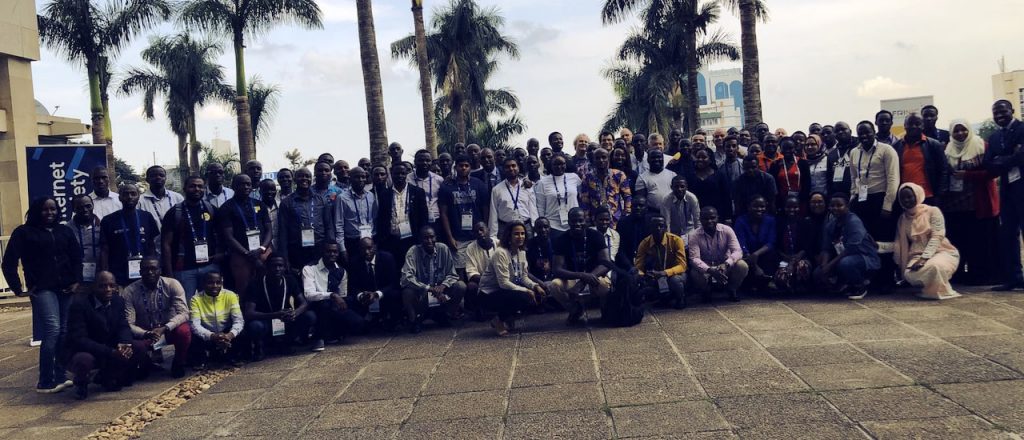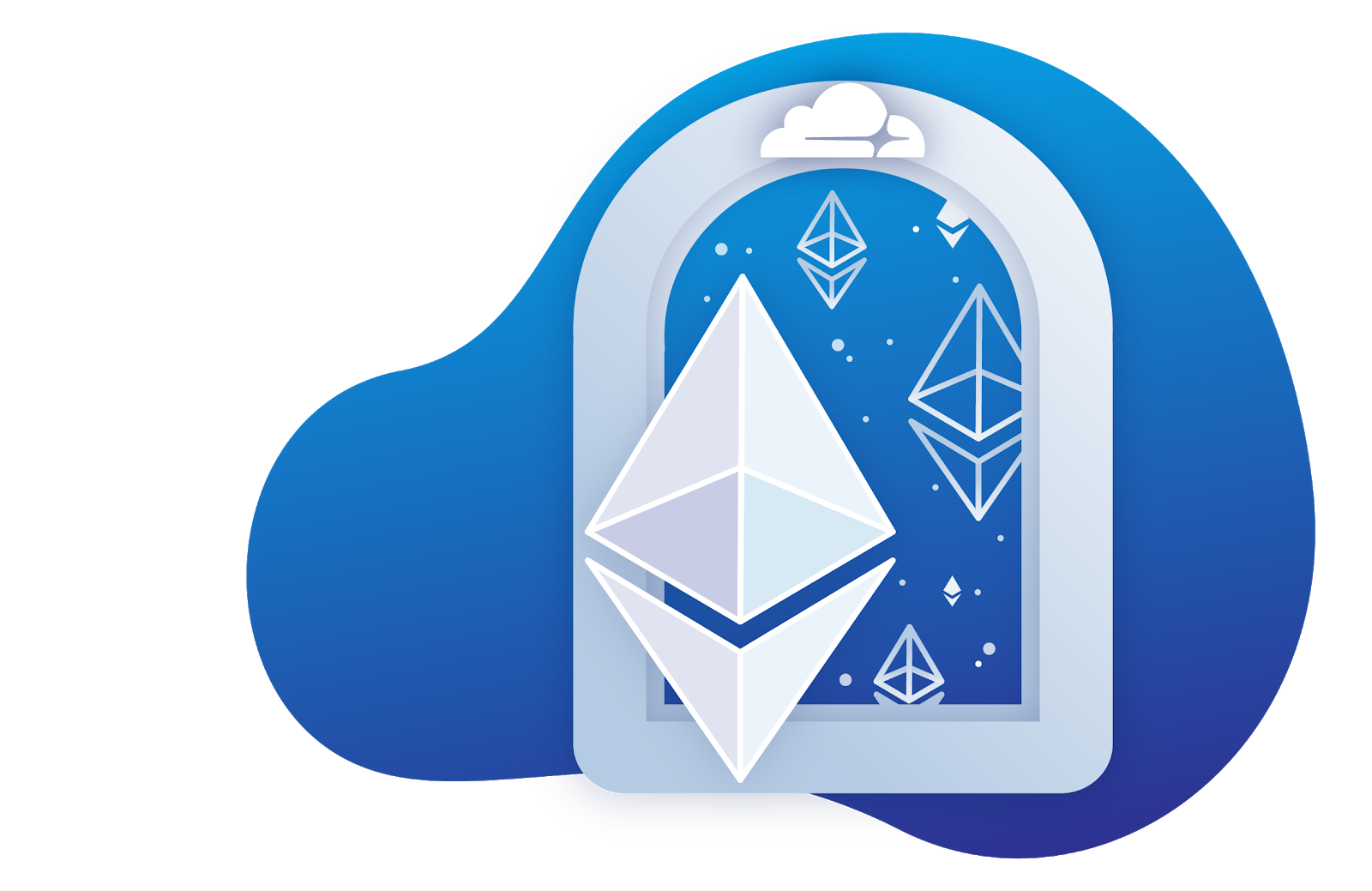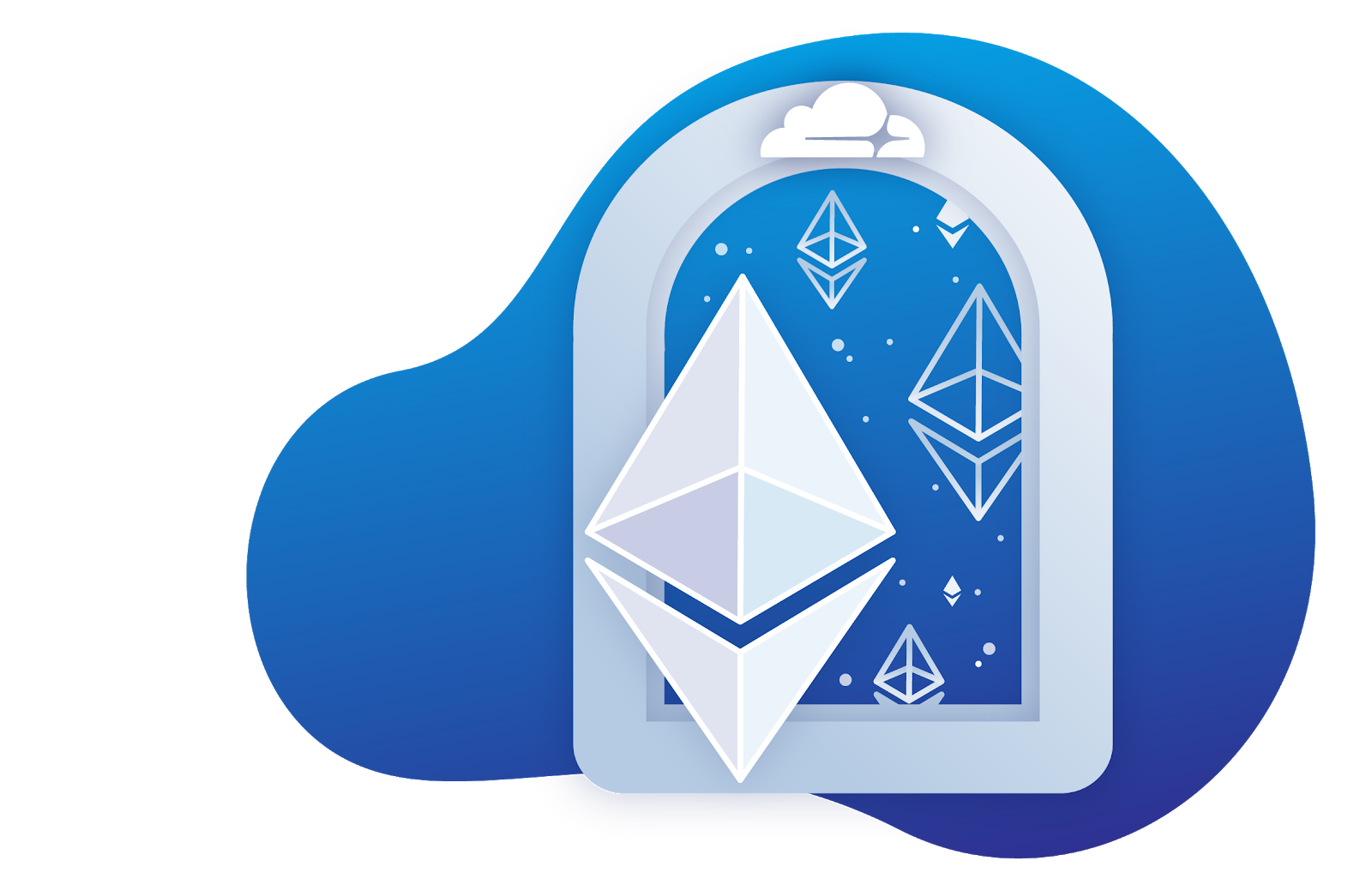Tech Bytes: Network Automation In Multi-Vendor Environments With Anuta ATOM (Sponsored)
On today's Tech Bytes we talk with sponsor Anuta Networks about its ATOM network automation software. Guest Kiran Sirupa explains ATOM’s capabilities including low-code automation, network device configurations, compliance checks, telemetry collection, and more.
The post Tech Bytes: Network Automation In Multi-Vendor Environments With Anuta ATOM (Sponsored) appeared first on Packet Pushers.
Podcast: EVPN Building Blocks
In this episode, you’ll hear from Keith Townsend, Co-founder, The CTO Advisor; Rahul Aggarwal,...
Applications for 2019 Chapterthon Now Open

We’re happy to announce that the call for applications for the 2019 Chapterthon is now open.
Our world is more digitally connected than ever before, yet barriers still remain for the half of the world’s population who are unconnected.
For 2019, Chapterthon projects will help with Connecting the Unconnected. The Internet for everyone, including every last person on the planet, and we won’t rest until each person has the option of choosing to be connected.
Want to take part in this challenge?
We are looking for creative, innovative, and impactful short-term projects from our Chapters and Special Interest Groups (SIGs) that are for the community, with the community, by the community.
Find out how to apply at: https://www.internetsociety.org/grants/chapterthon/2019/
Only one project will be selected per Chapter to participate in this contest. The selected projects then participate in the global Chapterthon contest. The three winning projects will receive an award!
To guide you through this process, we’ve organised an info session on 27 June 2019 at 11:00 UTC.You can register in advance at:
https://isoc.zoom.us/meeting/register/5b0fba421a1ce3737510d14dfea9e911
All other information about the Chapterthon is available here:https://www.internetsociety.org/grants/chapterthon/2019/
Take part and help us connect the world one community Continue reading
Spreading Artificial Intelligence Across Storage
Over the last couple of years, Hewlett Packard Enterprise has added to its already broad portfolio of storage, which includes 3PAR arrays, which HPE bought in 2010, and its homegrown XP7 lineup, aimed at mission-critical workloads that need high availability and uptime. …
Spreading Artificial Intelligence Across Storage was written by Jeffrey Burt at .
Validation vibes: How we’ve won the praise of customers and employees alike
The success of a company is often defined by two key factors: how your customers feel about you and how your employees feel about you. We’re excited to share that recently we’ve had some great validation by both!
Customer validation
We’re very honored to work with a variety of innovative companies that are breaking the status quo with open networking principles in data centers designed to scale. All of our customers have realized the need for an open, modern data center and are looking to build infrastructure with purpose. From web-scale giants to visionary enterprises, we give them all the ability to build something “EPIC.”
This was recently highlighted when for the second year in a row, our customers have rallied around our vision for the future of data center networking and recognized us as “The Best Data Center Networking 2019” with their reviews through Gartner Peer Insights.
As Gartner puts it, “The Gartner Peer Insights Customers’ Choice is a recognition of vendors in this market by verified end-user professionals, taking into account both the number of reviews and the overall user ratings.” To ensure fair evaluation, Gartner maintains rigorous criteria for recognizing vendors with Continue reading
HPE Puts AI Into HCI, Expands Composable Cloud
The vendor also introduced a new high-end, mission-critical storage platform called Primera. It...
5G Comes to Anchorage Before Many US Mainland Cities
GCI and Ericsson plan to bring 5G service to Alaska in the first half of 2020.
Nokia Appoints Two Execs to Replace One
Musical chairs continue at the Finnish vendor as Maria Varsellona’s role will now be split...
The Un Glamour of Business Travel

Originally Published in the Human Infrastructure Magazine Issue 113 in May 2019 I’m in New York, USA. I should be taking photos of myself in front of landmarks, having amazing food and laughing as I walk down the the street. In reality, I’m sitting in front of a mirror that is screwed to the wall […]
The post The Un Glamour of Business Travel appeared first on EtherealMind.
History Of ATM (Part 2) – Daniel Grossman
Outro Music:
Danger Storm Kevin MacLeod (incompetech.com)
Licensed under Creative Commons: By Attribution 3.0 License
http://creativecommons.org/licenses/by/3.0/
The post History Of ATM (Part 2) – Daniel Grossman appeared first on Network Collective.
2019 Hackathon@AIS: Testimonials from the Trainers

What is Hackathon@AIS?
The Internet, with its endless supply of knowledge and information, has become a strategic element in nearly all economic endeavors in Africa. To build tactical awareness among primary stakeholders as well as resiliency and robustness into Internet-enabled grids, the Internet Society and AFRINIC have organized the third Hackathon@AIS event, which is taking place in Kampala, Uganda, from 19-20 June 2019.
Network engineers, software developers, and computer science students from across Africa are gearing up for another round of collaborative computer programming aimed at introducing participants to existing and evolving Internet standards development that can help further their careers through shared skillsets.
The first Hackathon@AIS was held in 2017 in Nairobi and attracted 39 participants from 12 countries. The second event, held in 2018 in Dakar, attracted 75 participants from 15 countries. Both events consisted of three different tracks led by expert facilitators from across the globe. This year, the event consists of five tracks spanning different fields, and again we’ve called on expert facilitators from around the world to share their expertise and guidance.
The Hackathon is a breeding ground for talent that can change the world through innovation and create productivity and efficiency in business. Continue reading
Exascale Spending To Energize HPC Market Through 2025
At the ISC conference this week, HPC market analyst firm Hyperion Research offered its mid-year HPC market update, which recapped what happened in 2018 and provided some particularly interesting observations on the exascale space. …
Exascale Spending To Energize HPC Market Through 2025 was written by Michael Feldman at .
HPE To Sell Every Product As A Service By 2022
The public cloud has given enterprises a taste of infrastructure that is highly agile and scalable, that is deployed and managed by someone else and that can be paid for based on the resources use, and now they increasingly are looking for tech vendors to give them a similar experience with their on-premises and hybrid cloud environments. …
HPE To Sell Every Product As A Service By 2022 was written by Jeffrey Burt at .
Cloudflare’s Ethereum Gateway


Today, as part of Crypto Week 2019, we are excited to announce Cloudflare's Ethereum Gateway, where you can interact with the Ethereum network without installing any additional software on your computer.
This is another tool in Cloudflare’s Distributed Web Gateway tool set. Currently, Cloudflare lets you host content on the InterPlanetary File System (IPFS) and access it through your own custom domain. Similarly, the new Ethereum Gateway allows access to the Ethereum network, which you can provision through your custom hostname.
This setup makes it possible to add interactive elements to sites powered by Ethereum smart contracts, a decentralized computing platform. And, in conjunction with the IPFS gateway, this allows hosting websites and resources in a decentralized manner, and has the extra bonus of the added speed, security, and reliability provided by the Cloudflare edge network. You can access our Ethereum gateway directly at https://cloudflare-eth.com.
This brief primer on how Ethereum and smart contracts work has examples of the many possibilities of using the Cloudflare Distributed Web Gateway.
Primer on Ethereum
You may have heard of Ethereum as a cryptocurrency. What you may not know is that Ethereum is so much more. Ethereum is a distributed virtual Continue reading
Cloudflare’s Ethereum Gateway


Today, we are excited to announce Cloudflare's Ethereum Gateway, where you can interact with the Ethereum network without installing any additional software on your computer.
This is another tool in Cloudflare’s Distributed Web Gateway tool set. Currently, Cloudflare lets you host content on the InterPlanetary File System (IPFS) and access it through your own custom domain. Similarly, the new Ethereum Gateway allows access to the Ethereum network, which you can provision through your custom hostname.
This setup makes it possible to add interactive elements to sites powered by Ethereum smart contracts, a decentralized computing platform. And, in conjunction with the IPFS gateway, this allows hosting websites and resources in a decentralized manner, and has the extra bonus of the added speed, security, and reliability provided by the Cloudflare edge network. You can access our Ethereum gateway directly at https://cloudflare-eth.com.
This brief primer on how Ethereum and smart contracts work has examples of the many possibilities of using the Cloudflare Distributed Web Gateway.
Primer on Ethereum
You may have heard of Ethereum as a cryptocurrency. What you may not know is that Ethereum is so much more. Ethereum is a distributed virtual computing network that stores and enforces smart Continue reading
Continuing to Improve our IPFS Gateway


When we launched our InterPlanetary File System (IPFS) gateway last year we were blown away by the positive reception. Countless people gave us valuable suggestions for improvement and made open-source contributions to make serving content through our gateway easy (many captured in our developer docs). Since then, our gateway has grown to regularly handle over a thousand requests per second, and has become the primary access point for several IPFS websites.
We’re committed to helping grow IPFS and have taken what we have learned since our initial release to improve our gateway. So far, we’ve done the following:
Automatic Cache Purge
One of the ways we tried to improve the performance of our gateway when we initially set it up was by setting really high cache TTLs. After all, content on IPFS is largely meant to be static. The complaint we heard though, was that site owners were frustrated at wait times upwards of several hours for changes to their website to propagate.
The way an IPFS gateway knows what content to serve when it receives a request for a given domain is by looking up the value of a TXT record associated with the domain – the DNSLink Continue reading